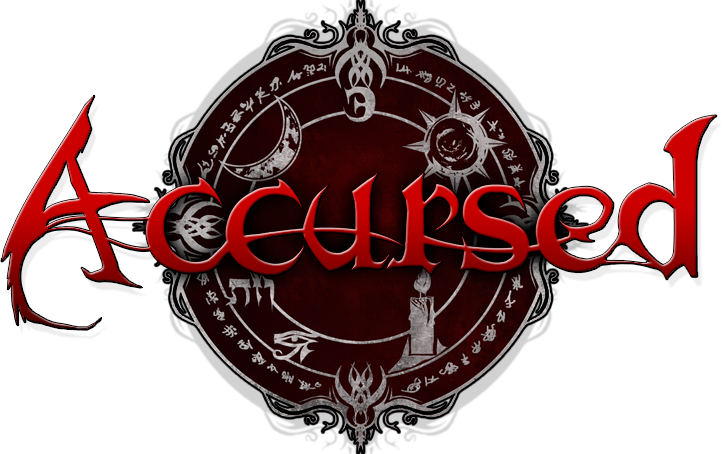Then the Witches came, and with them came the end of all peace. For fifty years and more we fought and we died to protect our land and our homes. We suffered, we sacrificed, we wept bitterly for the loss of friends and loved ones, but most importantly, we won. We held off the monsters and the living nightmares of the Witch Armies, and no outsider lays claim to us. Our people live on and our beautiful cities still stand, not like those poor souls in Steppengrad, may God have mercy on their souls.
At what cost, though? Look at us: every man and woman a soldier, children orphaned and hungry, trouble and want and loss everywhere. We're a hard people now—suspicious, angry, bitter. Our cities are fortresses and every home a barracks. Not a single one of us was left untouched by the war, and our suffering continues every day. You can see it in our eyes, hear it in the voices of the countless widows and orphans, and read it in the scars worn by our veterans. Our bodies and our hearts are broken, but not our spirits. We will persevere, and we will have our revenge.
Before the coming of the Witches, Hebron was a peaceful, bucolic land of rolling hills, rich, fertile farmland, and craggy mountains. Most people lived quiet lives on one of the many Kibbutz, communal farms the size of small towns that dotted the landscape. They spent their days growing grain, raising cattle, and tending to groves of dates, citrus, and olives. The few cities that Hebron contained, including the capital Parnath, were centers of learning, art, and commerce that rivaled the cities of Manreia and Steppengrad for wealth and culture. The Hebronites themselves were peace-loving and deeply tied to their history. Their traditions valued family above nearly every other concern. As far as the Hebronites were concerned, their only worries were the weather and the machinations of their ancient enemies in Hyphrates. This all changed in an instant with the coming of the Grand Coven.
As the Witch Armies laid waste to Morden, the Crone entered Hebron at the head of her army of Golems and terrible constructs and claimed the small country as her own. The Hebronites, devoted to their country and family, rose up as one to defy the invaders and drive them from the nation. They fortified their cities, and every able-bodied Hebronite took up arms to defend their homeland. The fighting in Hebron was every bit as fierce as it was in Valkenholm or Steppengrad, but in the end the Hebronites held fast.
After the great betrayal and the dissolution of the Grand Coven, the Hebronites stood triumphant among the corpses of their enemies and countrymen. While they had succeeded, they were a changed people. The easy-going, hospitable, live-and-let-live attitude the Hebronites were so famous for was gone, replaced by suspicion, caution, and deep bitterness. Over the decades, these farmer-scholars had forged themselves into some of the finest warriors in Morden, and had won, but at an incredible cost to their individual and national spirit.

No comments:
Post a Comment